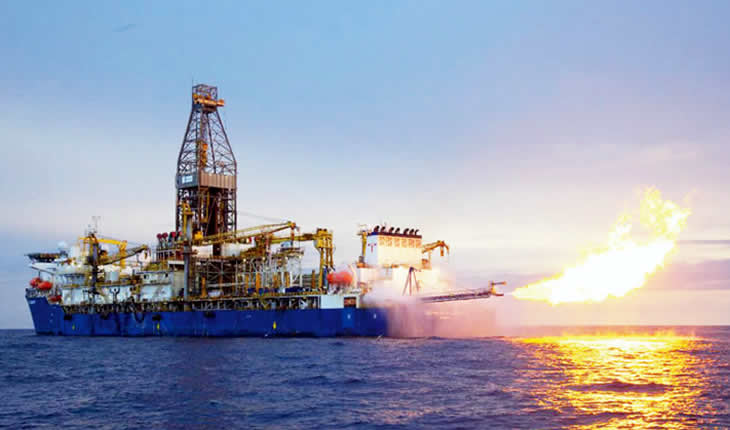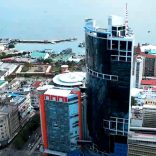Just In: Mozambique central bank cuts key rate by another 75 basis points
Delay in gas projects in Mozambique makes debt repayments difficult – consultancy

FILE - Illustrative photo. [File photo: Noticias]
The consultancy Capital Economics says that the delay of the gas projects in Mozambique will make the payment of sovereign debt interest from 2023 “complicated”, increasing the risk of new financial default.
“A postponement of exports of liquefied natural gas could unexpectedly decrease government revenues, which official estimates put at almost US$100 billion [€82.7 million] over the 25 years of the project, and whose perspectives have been fundamental to sustain the country’s weak public finances, whose debt to GDP stands at 122%,” an analysis of the country reads.
In the analysis, sent to clients and to which Lusa has had access, Capital Economics consultants write that the delay will complicate servicing external debt. “For example, sovereign debt coupons will increase from 5% to 9% in 2023, in line with the original calendar on the beginning of gas exports, and fears about a new financial default would probably increase.”
At issue is the restructuring of the debt securities that Mozambique made in the wake of the so-called ‘hidden debt scandal`, which reduced the interest payable until 2023, but almost doubled the instalments from that year, which was the time when it was expected to start exporting natural gas, whose tax revenues would support rising costs.
Capital Economics considers that, in spite of the difficulties, “the government would be able to endure this situation as long as all the major gas projects ended up moving forward, albeit with delays,” namely those led by Eni and Total, which should continue, the more it is not “for the great financial penalties that would make his departure unlikely”.
The problem, they point out, is that “if ExxonMobil does not give the green light to the development of its project due to security or other reasons, investor concerns will increase and then it would be much more difficult to bring the debt-to-GDP ratio down, which would cause the National Hydrocarbon Company [ENH], the public entity involved in the gas projects, to have many difficulties in paying their obligations”.
Oil company Total has suspended operations in the north of the country, near Palma, due to the terrorist attacks plaguing the region in recent years.
Armed groups have terrorised Cabo Delgado since 2017, with some attacks claimed by the jihadist group Islamic State, in a wave of violence that has already caused more than 2,500 deaths, according to the ACLED conflict registration project, and displaced 714,000 people, according to the Mozambican government.
The most recent attack, on March 24, was carried out against the town of Palma, causing dozens of deaths and injuries in numbers yet to be ascertained.
Mozambican authorities regained control of the town, but the attack led oil company Total to indefinitely abandon the main construction site of the gas project scheduled to start production in 2024, on which many of Mozambique’s expectations for economic growth in the next decade are based.












Leave a Reply
Be the First to Comment!
You must be logged in to post a comment.
You must be logged in to post a comment.